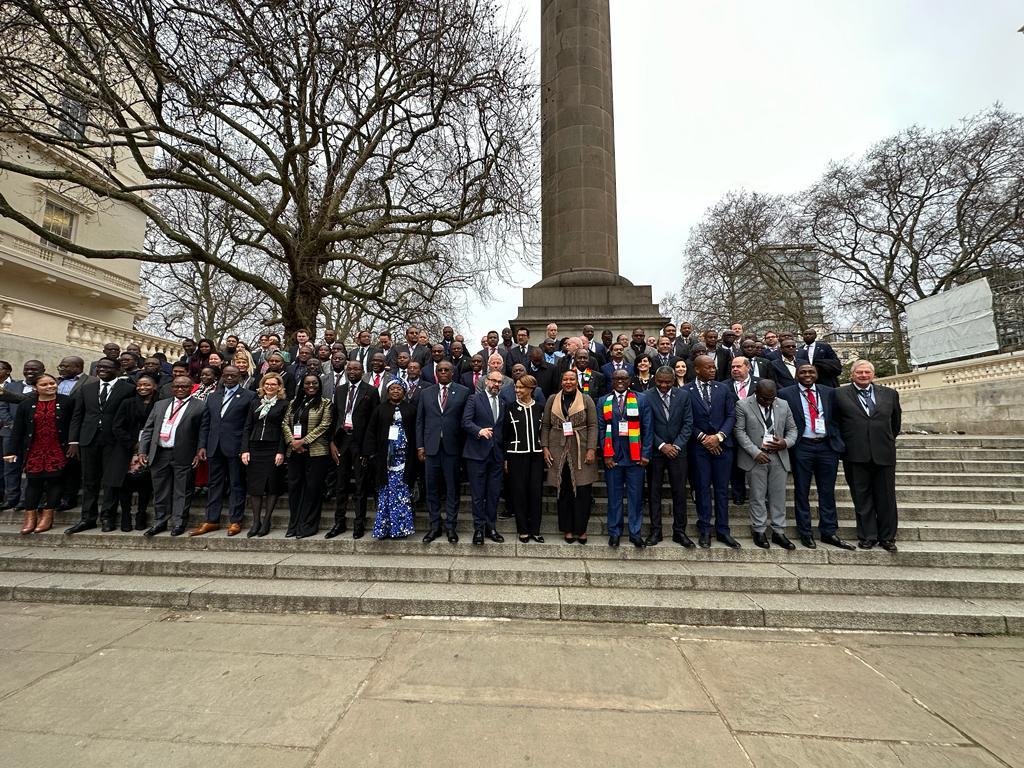|
Getting your Trinity Audio player ready…
|
Dr. Jenfan Muswere, the Minister of Information Communication Technology (ICT), Postal and Courier Services, during a Ministerial Alliance for Digital Nations meeting for the Commonwealth Telecommunications Organizations, gave an overview of strides being made by Zimbabwe in its quest to enhance the digital economy.
Below, Spiked Online Media shares a synopsis of the current status of the digital space in Zimbabwe, according to Minister Muswere:
ISSUES AFFECTING THE UNIVERSALISATION OF BROADBAND
Universal Broadband Challenges: Zimbabwe is open for business and we have embarked on an engagement and re-engagement policy. Investment in ICT Infrastructure and systems is required in order to allow for competition and acceleration of Smart Zimbabwe and Universal Broadband.
As I have indicated that we are a friend to all and we require private sector support and investment in the whole sector as our President Dr. E. D. Mnangagwa has an inclusive policy that no one should be left behind as we journey towards a digitally connected and empowered society by the year 2030.
Zimbabwe needs investments and partnerships in order for universal broadband to succeed. The Commonwealth is a key organization that we need as a country.
For us to achieve Universal access. We want to be part of the family and we are grateful for the CTO platform. The CTO platform will allow us to have access to investments, standards, financial resources etc, access to low-interest credit facilities, and access to suppliers and markets.
- Access to affordable devices: Smartphone penetration rate is currently at 56.8%. The cost of smartphones is high since the phones are imported. We currently have a ZITCO factory and other companies assembling devices. But we need more investments in devices manufacturing and assembly.
- Affordability of Data: The high cost of bandwidth services is because Zimbabwe is a landlocked country. Zimbabwe requires Investments and partnerships in fibre, base stations, and the use of satellite technology in order to ensure competition. Zimbabwe is open for business and we are welcome for all investments.
- Digital skills and relevant content: The Government of Zimbabwe led by President E. D. Mnangagwa has an inclusive policy to ensure that everyone is part of the digital economy, ICT Training is at all levels in the education sector. The National e-learning strategy is computerising all institutions and Community Information Centres have been constructed to allow all citizens of Zimbabwe to train for free. What is required is investment and partnerships in order to accelerate digital skills and universal access.
- Lack of energy of infrastructure: In Africa generally there is a power generation and distribution challenge and the Government of Zimbabwe is focussing on increasing power generation but for us to achieve a functional digital ecosystem we need to secure investment in renewable energy especially solar power plants in order to support digital transformation.
REGULATORY CHALLENGES
Regulatory Technological Evolution challenges: The Ministry of ICT, Postal and Courier Services has reviewed the National ICT policy to include a Digital Economy Committee which oversees the review of legislation.
